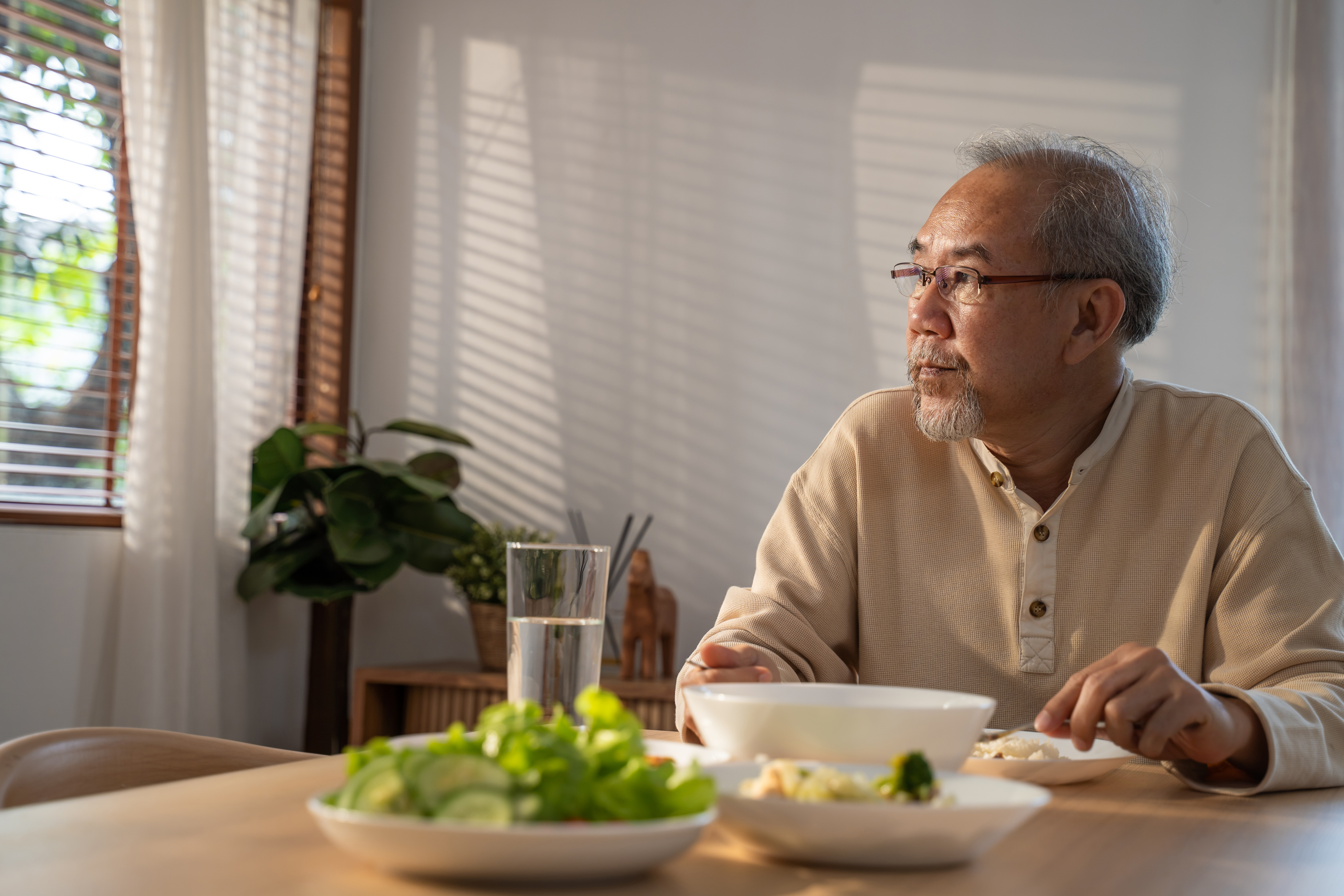
Breaking the Cycle: How Emotional Clarity Leads to Freedom from Food Guilt
Food shouldn’t be a source of guilt, yet here you are, feeling trapped in a cycle of shame after every meal. You’ve tried every diet and still find yourself reaching for comfort food in moments of stress. It’s not about willpower; it’s about understanding your emotions. Learn more about how emotional clarity can help you break free from food guilt and guide you towards self-love and healing. This is your invitation to explore a new path with VK Circle’s compassionate coaching—no diets, just real change.
Understanding Emotional Clarity

Emotional clarity is the ability to understand and articulate one’s emotions. This understanding can serve as a foundation for healing and self-improvement. In the context of food and eating, emotional clarity involves recognizing the feelings that drive eating habits, such as stress or sadness.
Identifying Emotional Triggers
Recognizing emotional triggers is the first step toward emotional clarity. Emotional triggers are experiences or situations that provoke strong emotional reactions, often leading to emotional eating or binge eating. Common triggers include stress, loneliness, or even boredom.
To identify these triggers, keep a journal. Note when you feel the urge to eat and the emotions you experience at that moment. Over time, patterns will emerge, revealing which situations prompt emotional eating. By understanding these triggers, you can start to address the root causes instead of reaching for food as a coping mechanism. This insight is crucial for breaking free from the cycle of food guilt and moving towards self-love. Learn more about emotional eating.
The Role of Self-Compassion
Self-compassion plays a vital role in emotional clarity and healing. It involves treating yourself with kindness and understanding, especially when dealing with emotional eating. When you practice self-compassion, you forgive yourself for past mistakes and focus on growth rather than guilt.
To nurture self-compassion, begin by recognizing negative self-talk. Replace harsh judgments with supportive and encouraging words. Instead of criticizing yourself for emotional eating, acknowledge that it’s a common response and an area for improvement. By fostering self-compassion, you create a kinder relationship with yourself, paving the way for healing and freedom from food guilt. Explore more about self-compassion. 💚
Breaking the Cycle of Food Guilt

Breaking the cycle of food guilt requires a shift in mindset, from judgment to understanding. This section delves into recognizing harmful eating patterns and introducing tools for emotional healing.
Recognizing Binge and Emotional Eating
Binge eating and emotional eating are responses to unresolved emotions. Emotional eating is consuming food in response to feelings rather than hunger, while binge eating involves eating large quantities of food in a short period.
To recognize these patterns, reflect on your eating habits. Ask yourself if you eat more when stressed or upset. Notice if certain emotions consistently lead to eating. Understanding these patterns is a step towards addressing them. By recognizing these behaviors, you can begin to address the underlying emotional needs. Instead of turning to food, find healthier ways to cope with emotions. Discover more about these patterns. ✨
Tools for Emotional Healing
Emotional healing requires tools and strategies to manage emotions healthily. Several approaches can help in this journey:
Mindfulness practices: Techniques such as meditation or yoga can help increase awareness of emotions and reduce stress.
Journaling: Writing about your emotions can offer insight and clarity, helping to identify patterns and triggers.
Seeking support: A compassionate coach or support group can provide guidance and accountability.
These tools empower you to manage emotions effectively, reducing reliance on food as a coping mechanism. By incorporating these strategies, you can break free from food guilt and embrace a healthier relationship with food and yourself. Find more strategies for emotional healing. 🌟
Path to Self-Love and Freedom

The journey to self-love and freedom from food guilt is ongoing, requiring support and a judgment-free environment. This section highlights the role of coaching and creating a safe space for healing.
Coaching for Lasting Change
Coaching offers a supportive framework for lasting change. A coach provides guidance, helping you set goals and navigate emotional challenges. Unlike diets, coaching focuses on emotional clarity and healing, promoting a sustainable approach to food and self-love.
VK Circle’s coaching method emphasizes personalized support, using mindset reprogramming and liberation tools. Clients often experience rapid results, feeling more empowered and in control of their eating habits. Coaching fosters an environment for transformation, focusing on emotional healing rather than restrictive dieting. Investing in coaching can lead to lasting change, overcoming binge eating and finding freedom from food guilt. 💪
Creating a Judgment-Free Space
A judgment-free space is essential for emotional healing. It allows you to express feelings and experiences without fear of criticism or shame. This environment supports self-compassion and encourages open dialogue about emotional eating.
To create such a space, surround yourself with supportive individuals who understand your journey. Seek communities or groups that promote acceptance and empathy. This environment can foster self-love and provide the security needed to address emotional challenges. A judgment-free space is crucial for breaking the cycle of food guilt and embracing a healthier relationship with food. 💖



